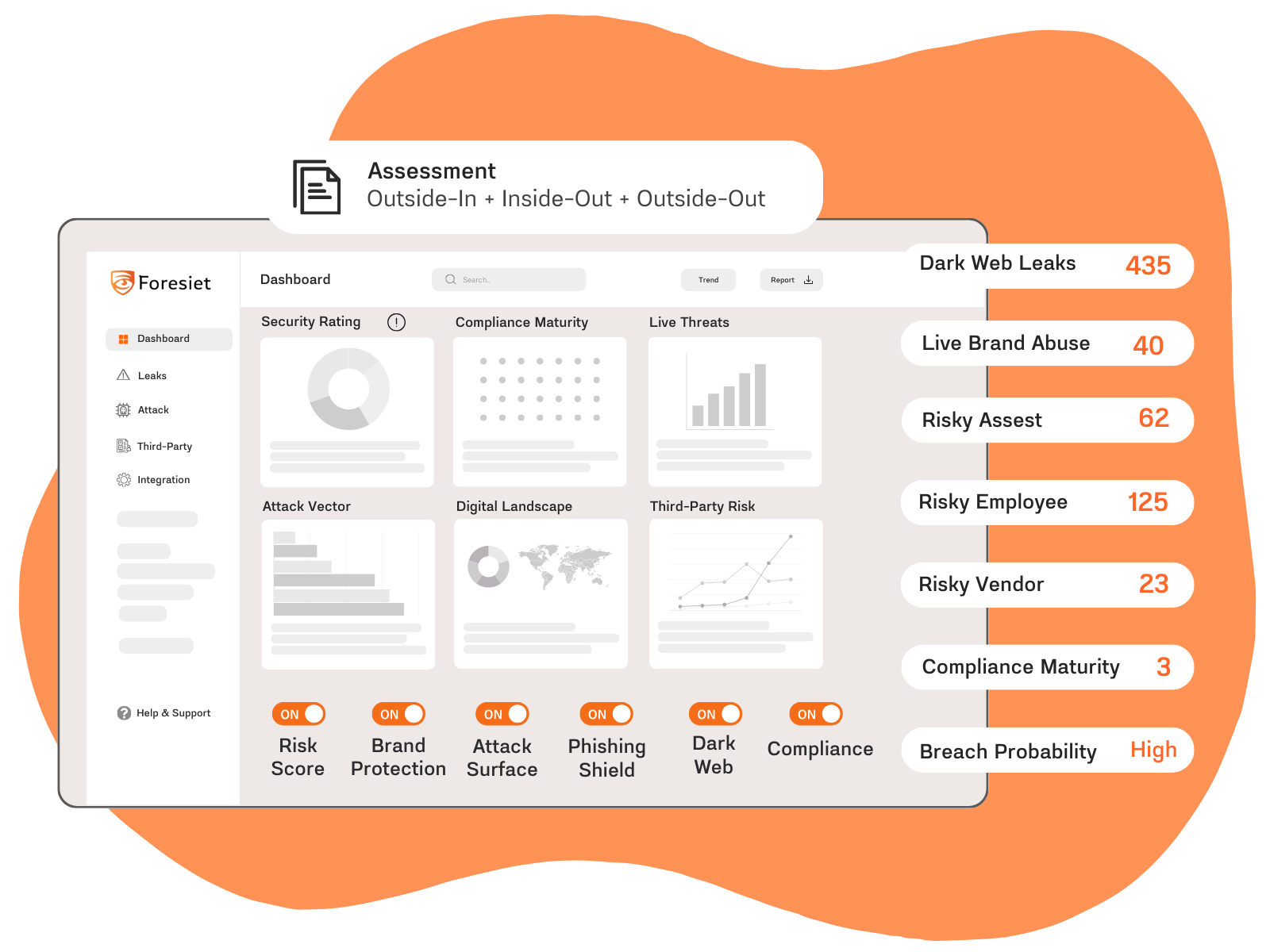UN Approves Controversial Cybercrime Treaty Amidst Concerns Over Tech and Privacy

Introduction
A newly drafted United Nations treaty aimed at combating global cybercrime has sparked significant debate due to its potential implications for technology companies, privacy rights, and digital freedoms. The UN Convention Against Cybercrime, which advanced from committee to the General Assembly on August 8, 2024, could require nations to enforce stringent laws against unauthorized access to information systems and data interception, raising alarms among privacy advocates and cybersecurity experts.
The UN Convention Against Cybercrime: An Overview
The UN Convention Against Cybercrime aims to provide a framework for international cooperation in tackling cybercriminal organizations operating across borders. According to the draft, signatories would be obligated to criminalize unauthorized access to information and communication technology (ICT) systems and data interception. Additionally, countries would need to establish mechanisms to preserve digital evidence and facilitate requests for data from other nations.
Concerns Over Human Rights and Privacy
Critics argue that the treaty lacks sufficient protections for human rights and could be exploited by authoritarian regimes to target journalists, cybersecurity researchers, and political dissidents. The language within the treaty is considered vague, potentially criminalizing legitimate activities such as penetration testing and security research.
Nick Ashton-Hart, head of the Cybersecurity Tech Accord delegation, expressed concerns over the draft's implications. "Security researchers and penetration testers, as well as investigative journalists and whistleblowers, could face criminal prosecution due to the ambiguous wording in the criminalization chapter," he said.
Comparison with the Budapest Convention
Unlike the UN treaty, the Council of Europe's Convention on Cybercrime, also known as the Budapest Convention, has been a longstanding framework since 2001 for international collaboration against cybercrime. Many countries, including the United States, Japan, and Brazil, are signatories of the Budapest Convention. However, Russia and Vietnam, who support the UN treaty, are not part of this earlier agreement.
Opposition from Key Stakeholders
The United States and European nations are unlikely to adopt the UN convention's legislative requirements due to concerns over privacy and freedom of speech. Critics point out the lack of an oversight mechanism and the potential for abuse in secret cooperation requests.
The Freedom Online Coalition (FOC), comprising 40 nations advocating for human rights, has also voiced opposition. The group highlights that the treaty's current draft could enable oppressive governments to suppress free speech and human rights activities.
The U.S. State Department echoed these concerns, emphasizing the need to safeguard human rights while combating cybercrime. State Department spokesman Matthew Miller stated, "The United States will continue to condemn and combat human rights abuses by governments misusing cybercrime laws to target human rights defenders, journalists, and dissidents."
Conclusion
As the UN Convention Against Cybercrime progresses to the General Assembly, where it could be adopted with a majority vote, the debate over its potential impact on privacy and digital freedoms continues. While the treaty aims to strengthen international collaboration against cybercrime, stakeholders argue that concrete safeguards are essential to protect human rights and prevent misuse. As the global digital landscape evolves, striking a balance between security and privacy remains a crucial challenge.
About Foresiet!
Foresiet is the pioneering force in digital security solutions, offering the first integrated Digital Risk Protection SaaS platform. With 24x7x365 dark web monitoring and proactive threat intelligence, Foresiet safeguards against data breaches and intellectual property theft. Our robust suite includes brand protection, takedown services, and supply chain assessment, enhancing your organization's defense mechanisms. Attack surface management is a key component of our approach, ensuring comprehensive protection across all vulnerable points. Compliance is assured through adherence to ISO27001, NIST, GDPR, PCI, SOX, HIPAA, SAMA, CITC, and Third Party regulations. Additionally, our advanced antiphishing shield provides unparalleled protection against malicious emails. Trust Foresiet to empower your organization to navigate the digital landscape securely and confidently.
Protect your brand, reputation, data, and systems with Foresiet's Integrated Digital Risk Platform. 24/7/365 threat monitoring for total peace of mind.


